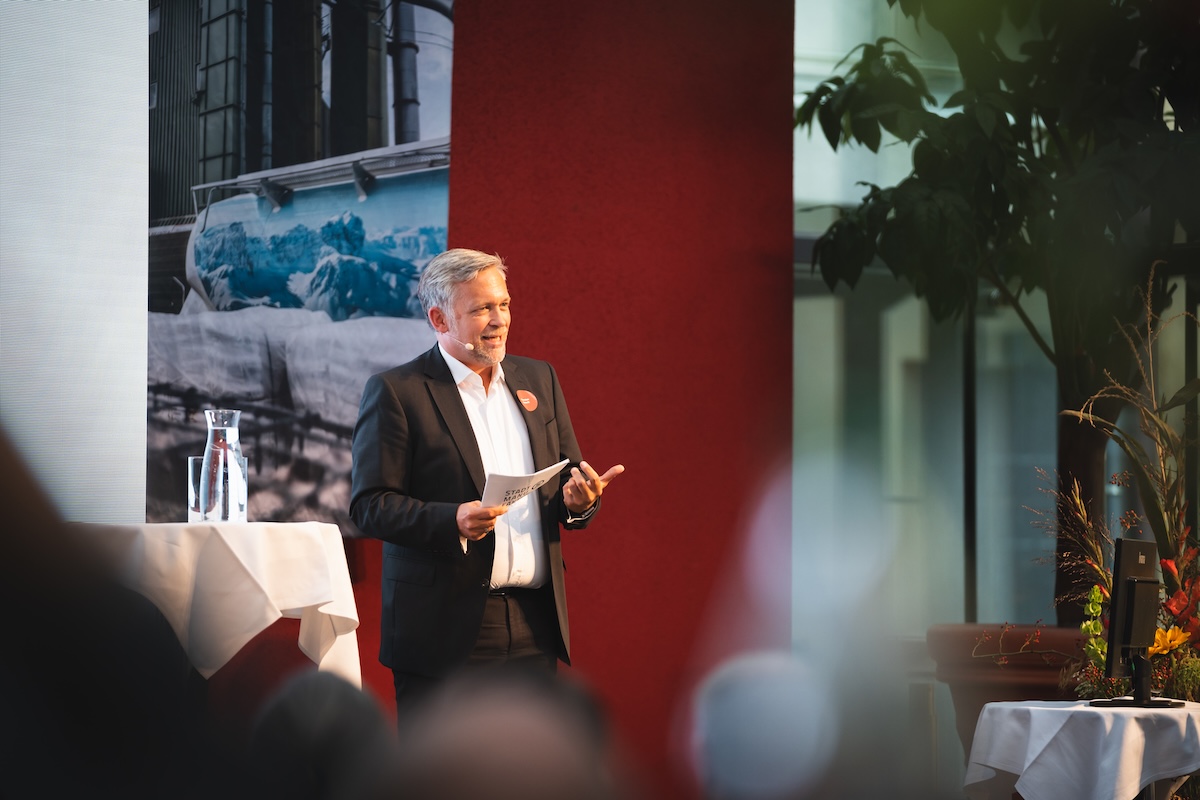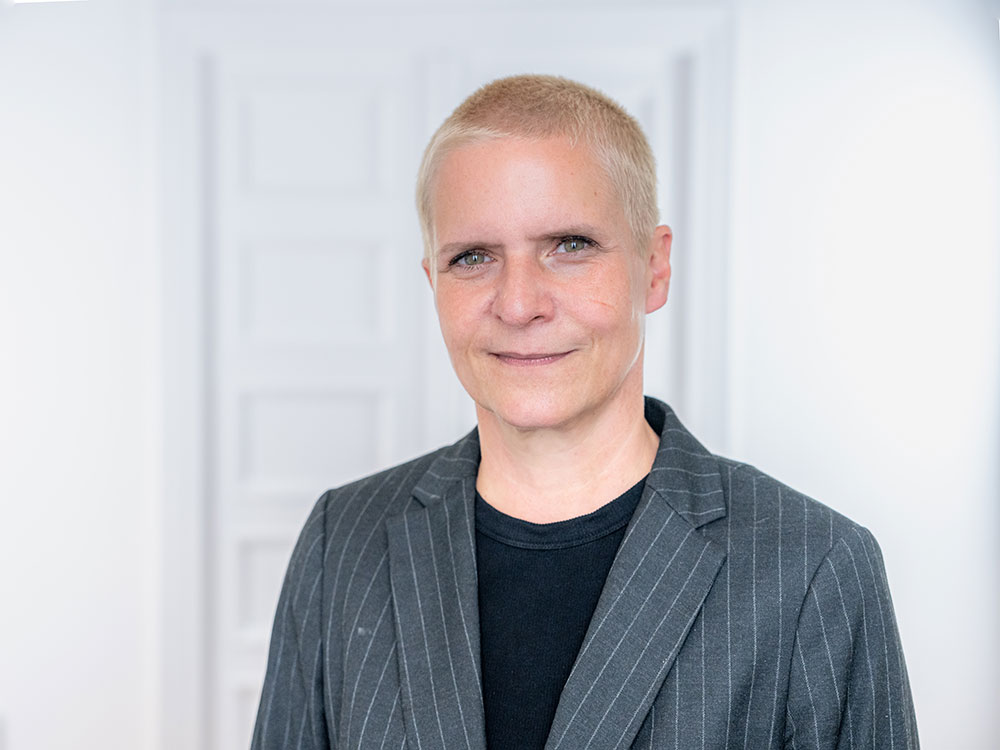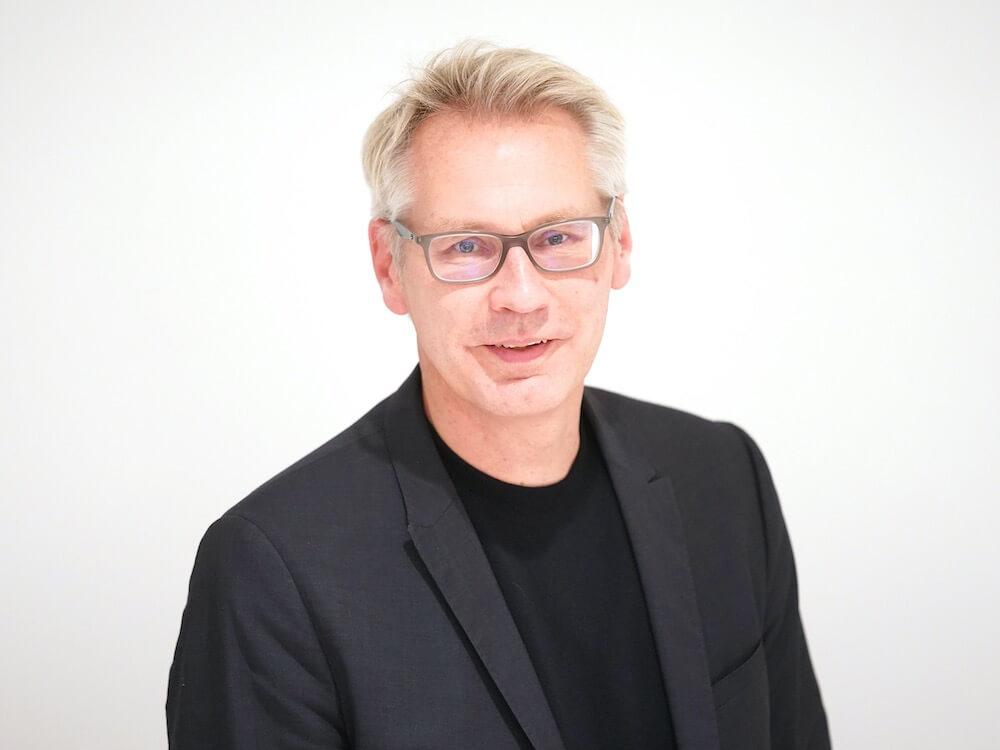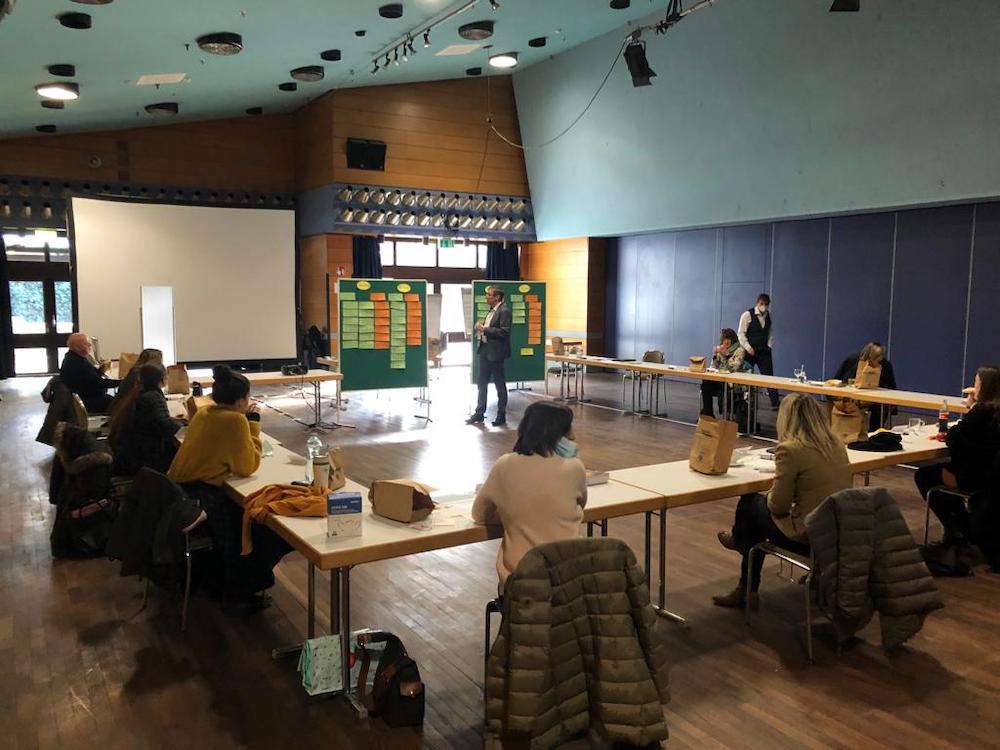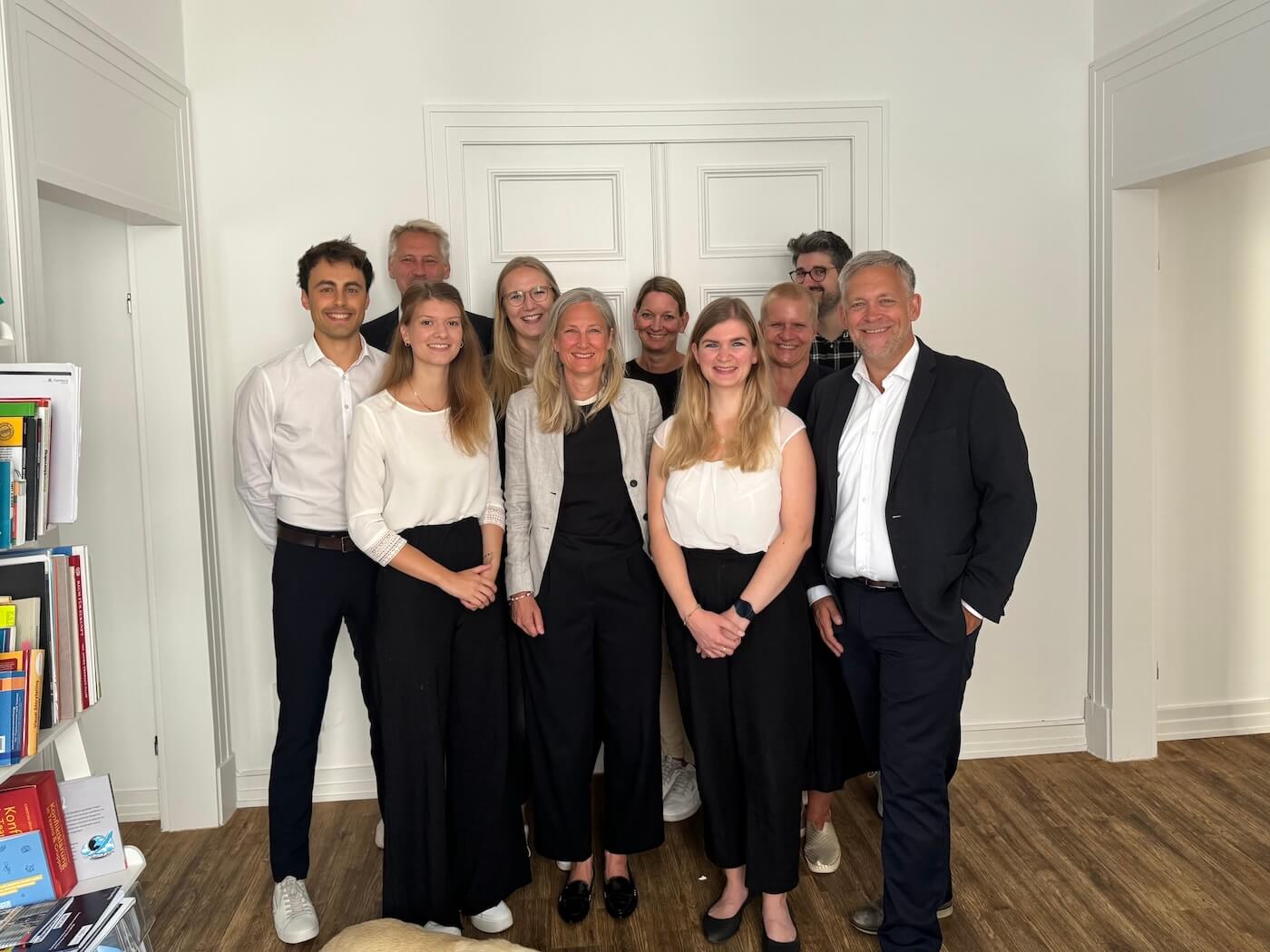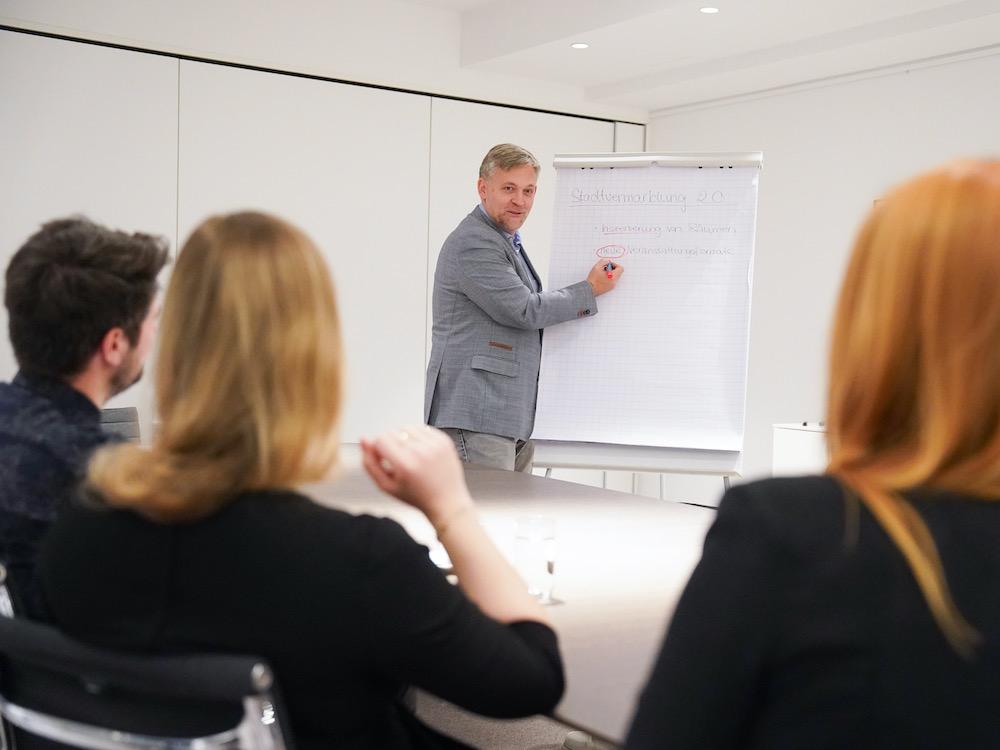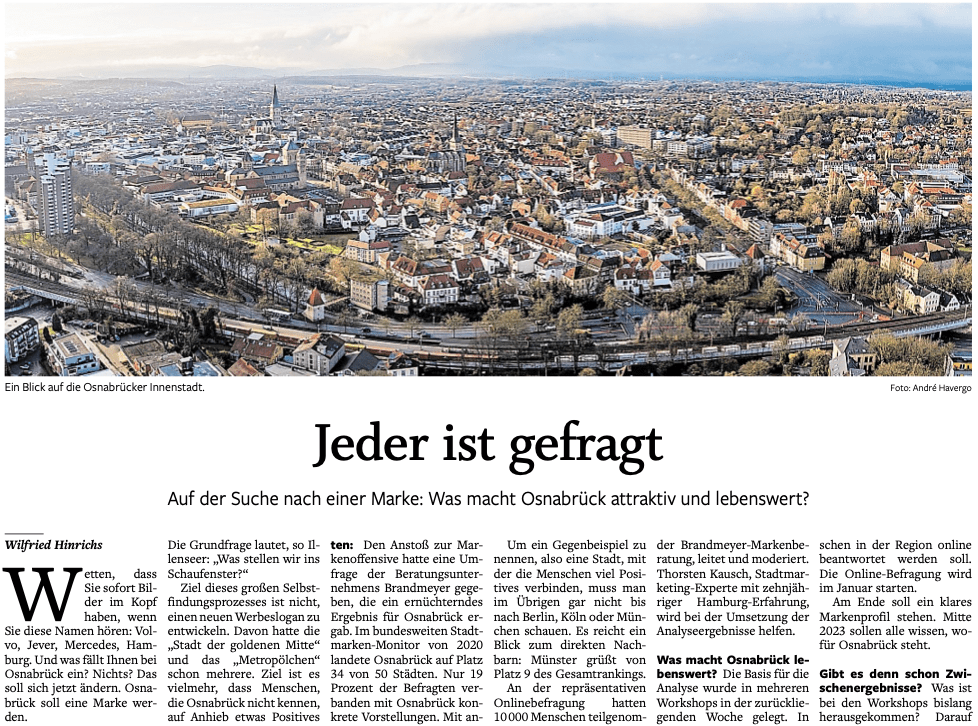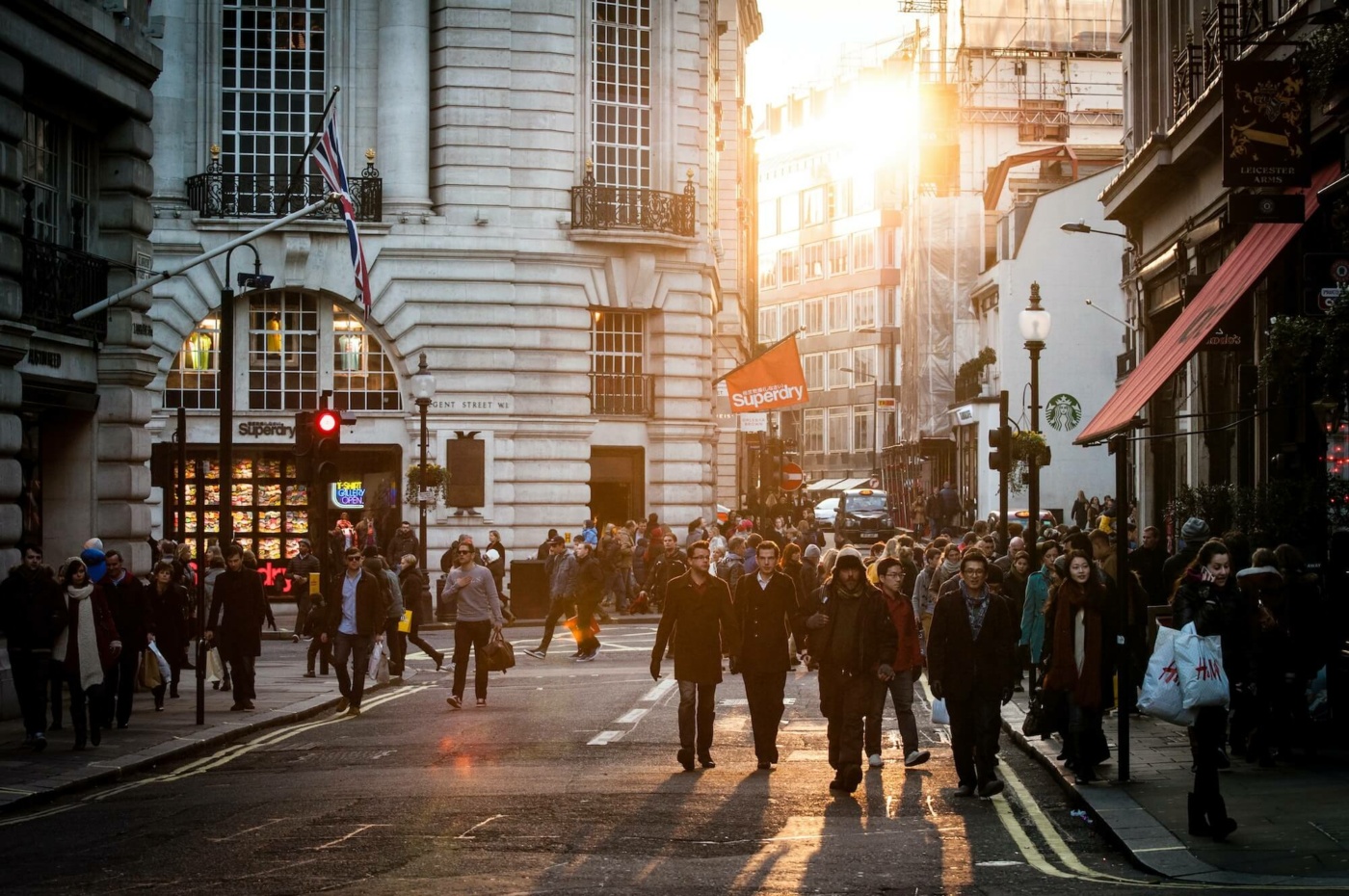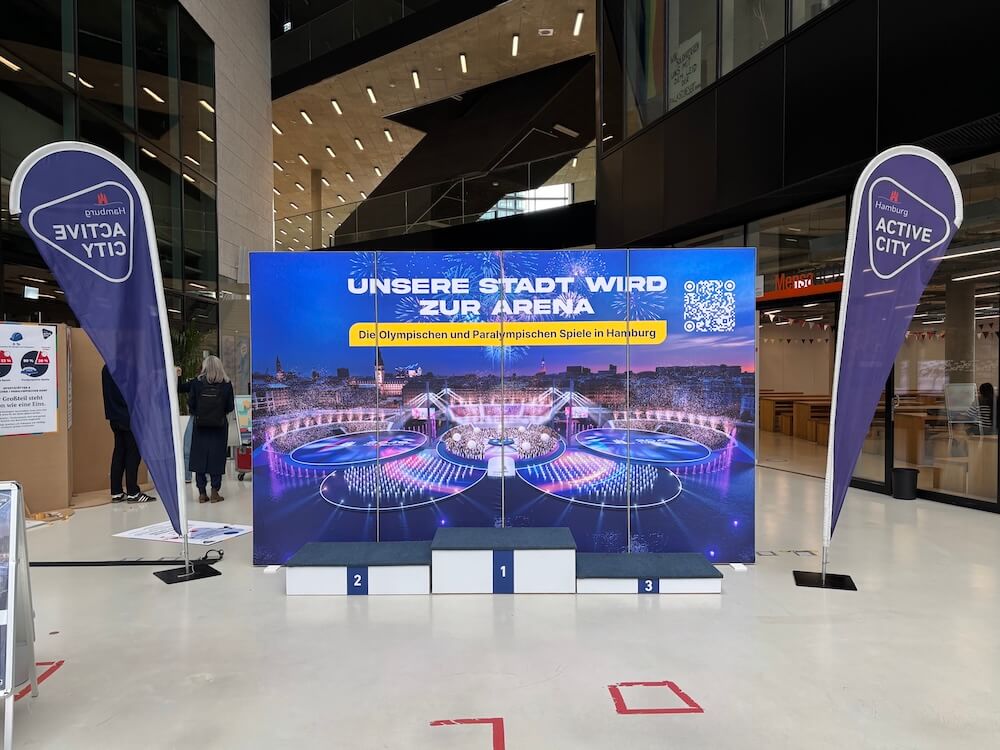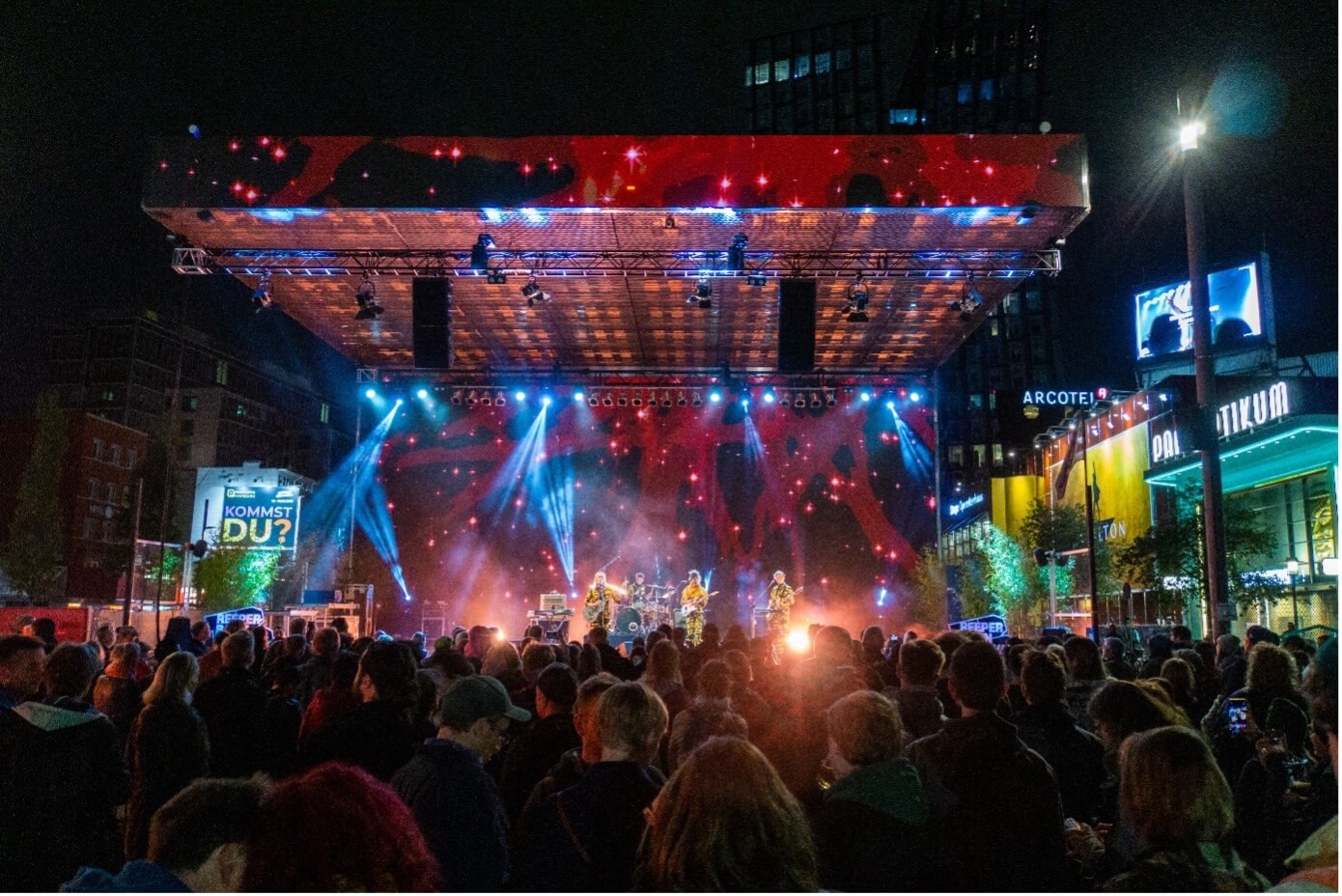
From the idea to Europe’s biggest club festival
I still remember the first information meetings. Club operators and other players in St. Pauli were contacted and invited. A colorful crowd gathered in the Schmidtsalon on Spielbudenplatz. The initiators made a visible effort to explain to those present what they were planning and what opportunities this “Reeperbahn Festival” idea would offer. Did we understand the scale of it back then? Hardly.
But the clubs went along with it, the local players got involved in the experiment and the city seemed to have the necessary willingness and support from the outset to make it all possible. The start was bumpy, chaotic and anything but smooth. But one thing was clear: the audience really wanted it all. And so it went on …
Abstract:
Since its foundation in 2006, the Reeperbahn Festival in Hamburg has developed into Europe’s largest club festival. The festival strengthens the Hamburg brand as a music location, attracts international visitors and boosts the local economy. The USPs of the festival: the close connection with the St. Pauli district and the diversity of the program, from concerts to exhibitions. Julia Staron, Neighbourhood manager from the Reeperbahn BID, remembers the birth of the Reeperbahn Festival.
The Reeperbahn Festival plays a central role for Hamburg
Today, around 18 years later, the Reeperbahn Festival plays a central role for Hamburg, especially for the St. Pauli district. The largest club festival in Europe attracts many thousands of music fans, artists, industry representatives and the media every year. A few figures about the Reeperbahn Festival 2023:
- 475 concerts
- 400 bands and artists from 40 countries
- 90 locations
- 49,000 visitors:inside
- 180 talks, podcasts, exhibitions and other program items
The Reeperbahn Festival offers a platform for new music, experts from the music scene, up-and-coming artists – and thus crystallizes the self-image of the music location St. Pauli and the whole of Hamburg.
5 reasons why the Reeperbahn Festival is a success story for Hamburg
Reeperbahn Festival as a network
It promotes the exchange between artists, labels, promoters and fans and helps to create a lively network within the music scene.
Reeperbahn Festival as a brand driver
It contributes to the branding of Hamburg as a music location and St. Pauli as a cultural hotspot. It positions the district as a dynamic and creative place that combines tradition and modernity.
Reeperbahn Festival as an economic factor
It attracts visitors from home and abroad, which boosts the local economy. Hotels, restaurants and retailers benefit from the increased turnover during the festival.
Reeperbahn Festival as proof of the cultural capital
It supports Hamburg’s goal of distinguishing itself as a cultural capital. It is seen as part of the cultural identity of the city and contributes to the promotion of the music scene in Hamburg. All in all, a success story.
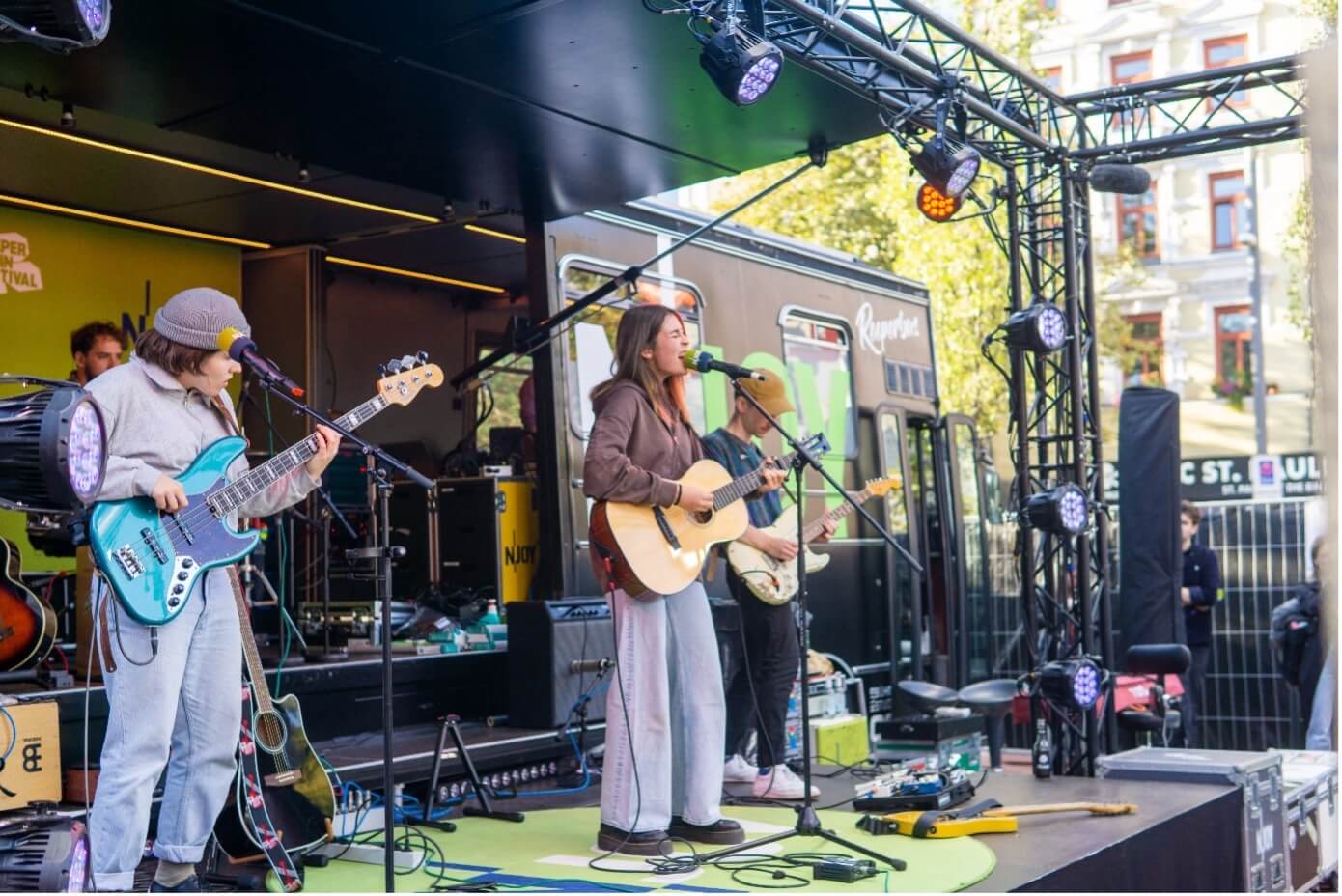
Music scene meets: several thousand professionals came to the Reeperbahn Festival in 2023
Major event Reeperbahn Festival – lots of power, little criticism
Could the Reeperbahn Festival have developed this power elsewhere? Hardly. The cultural diversity and creativity, the existing infrastructure, the knowledge of the local players were and are largely responsible for the fact that this festival was able to achieve these dimensions. This is not to diminish the commitment, know-how and vision of the actors and politicians, but without the neighbourhood and its identity, the essential success factor would have been missing.
Today, the Reeperbahn Festival gives the district back a good portion of its positive image factor. Particularly successful: The organizers have responded to initial criticism from the neighbourhood that the festival was distancing itself from the “St. Paulians” and separating itself from them. There is always a wide range of activities on offer, allowing everyone to immerse themselves in the festival atmosphere – even without a ticket. The fact is that the level of complaints about the Reeperbahn Festival is the lowest among residents in this neighbourhood, which has been hit hard by major events.
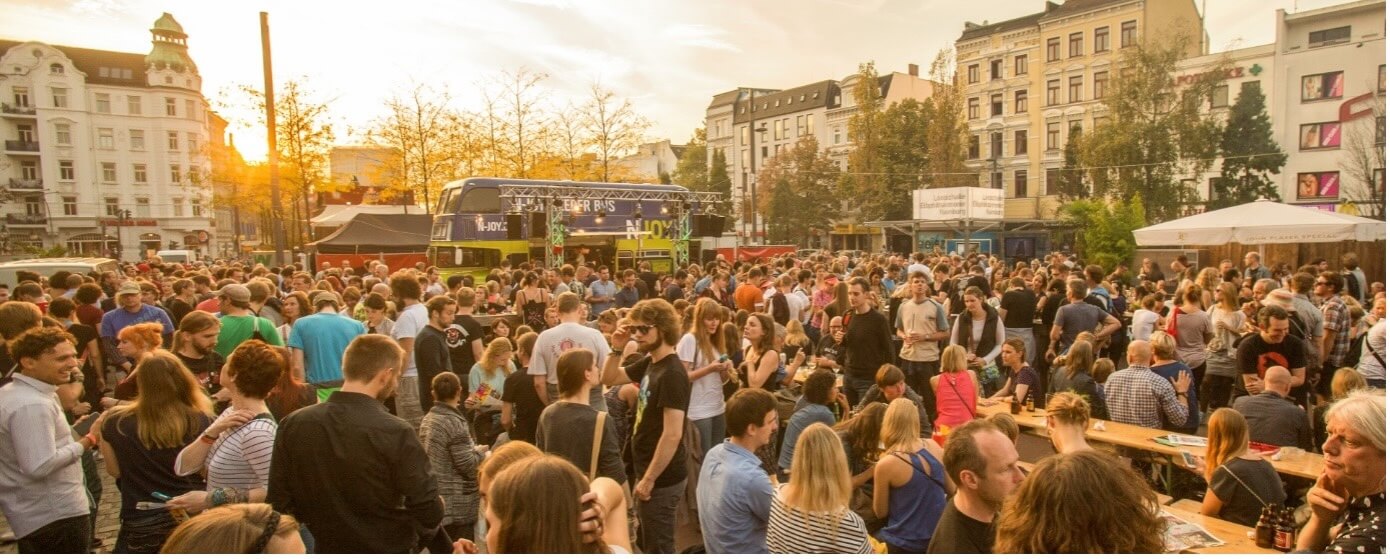
Everyone benefits from the festival atmosphere on Spielbudenplatz – including the local residents
St. Pauli and Reeperbahn Festival? A good marriage
Overall, this event stands out as a major event with the fewest negative side effects. One of the reasons for this is that music, not alcohol, is the reason for coming together at the Reeperbahn Festival. In addition, St. Pauli as a district has live culture in its DNA. The festival is also associated with the unique atmosphere of the district. It’s a good marriage. It fits.
Image credit: Spielbudenplatzbetreiber GmbH
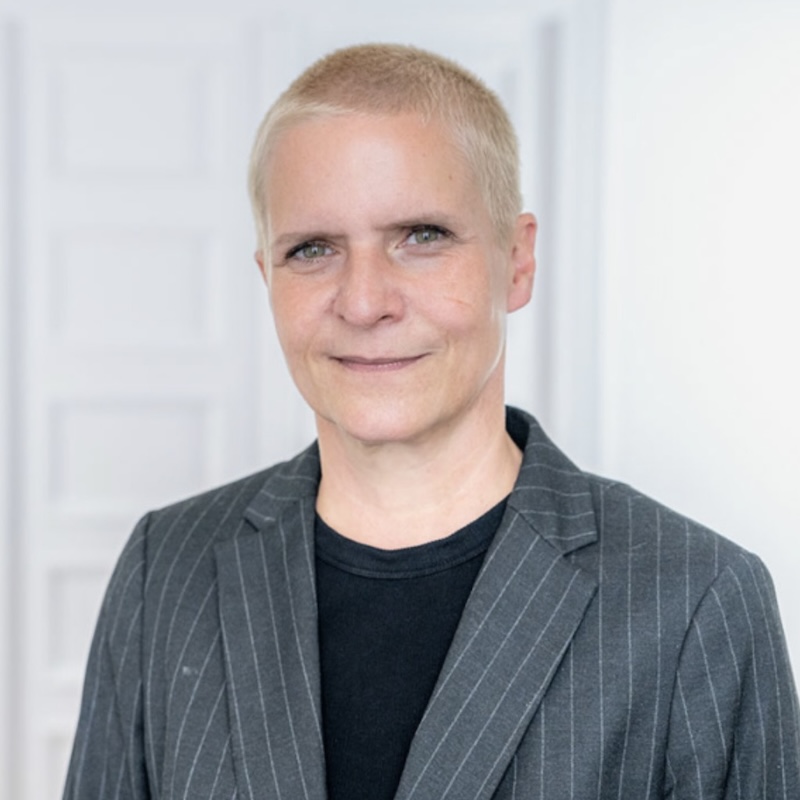
Julia Staron
is project manager at Stadtmanufaktur, artist and neighbourhood manager in the BID Reeperbahn in Hamburg
